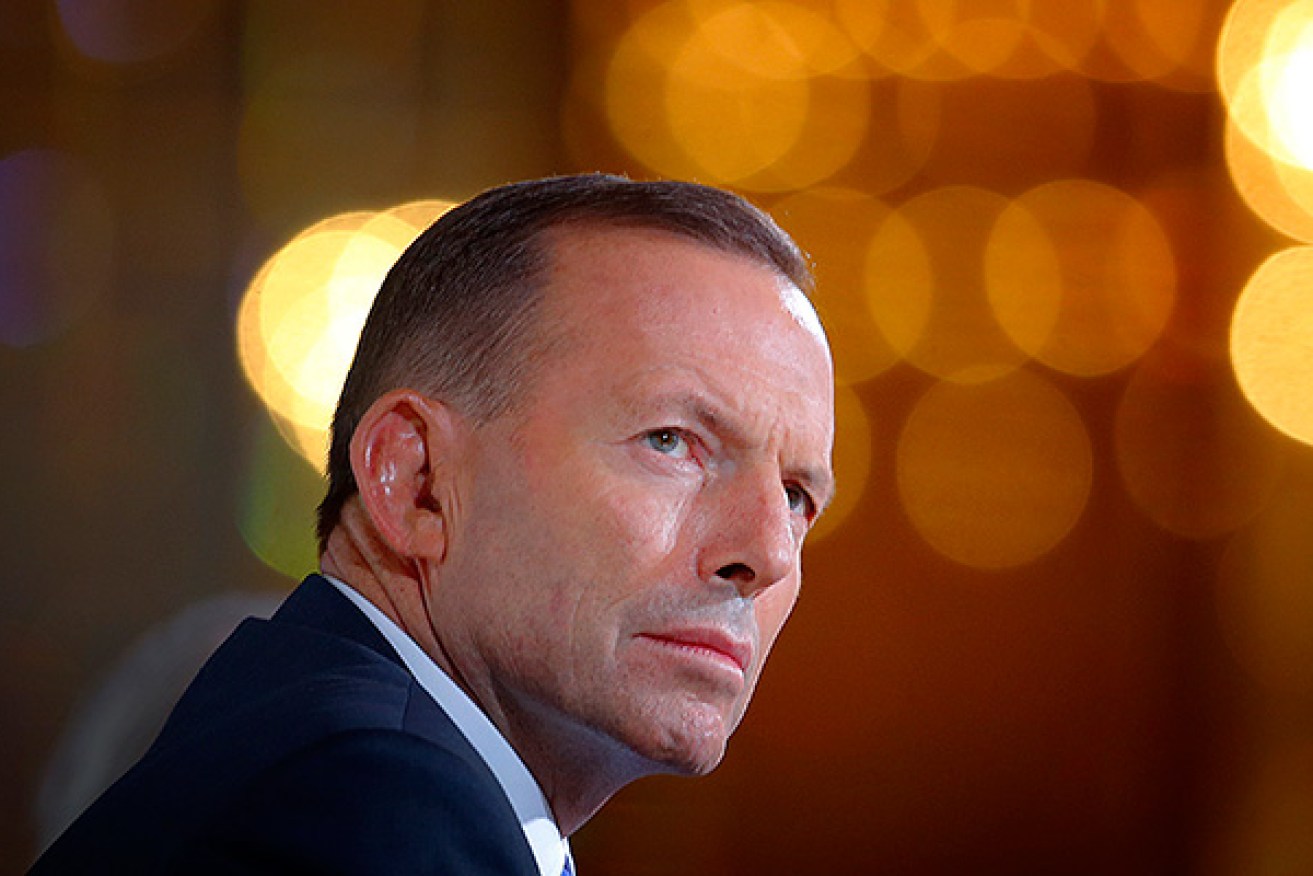Push for gay marriage plebiscite gains steam

Prime Minister Tony Abbott is facing calls within the government for a national vote on same-sex marriage, but some say it is a delaying tactic.
The push comes as Opposition Leader Bill Shorten announced at Labor’s national conference at the weekend he would legislate for same-sex marriage within 100 days of government.
• Labor Party reaches deal on same-sex marriage
• Greens slam Labor’s same-sex marriage bill
The party also agreed to bind MPs to vote for the Marriage Act change – rather than have a conscience vote – if laws had not been enacted by the end of the next term.
The move has renewed lobbying within the coalition to convince Prime Minister Tony Abbott to agree to a plebiscite on the issue.
The national ballot would mean setting aside current talks on a cross-party bill which could come to parliament as early as next month.
Social Services Minister Scott Morrison has previously spoken in favour of a plebiscite, which would be only the fourth ever held in Australia.
Mr Morrison’s position is backed by a number of coalition MPs including George Christensen, Michael Sukkar and Kevin Hogan, as well as former Howard government minister Peter Reith.
Asked whether he’d been consulted on the idea of a plebiscite, Attorney-General George Brandis told reporters in Canberra on Tuesday: “The PM and I speak about a range of issues all the time.”
Cabinet colleague Christopher Pyne said he did not want parliament to be “bludgeoned” into quickly debating and voting on same-sex marriage.
But he said the issue should be discussed in the coalition party room.
Constitutional law expert George Williams told AAP on Tuesday a plebiscite would require the federal parliament to pass a bill allowing it to go ahead.
He said a national vote had been required in Ireland because of a constitutional blockage but such a vote would not be needed in Australia.
A plebiscite would unnecessarily delay the law change, he said.
“It also does open up the opportunity for what could be a bitter and divisive national debate,” Prof Williams said.
“We normally should be cautious about national yes-no votes on people’s basic rights and this will open up not only a lot of positive messages but negative messages and that may do some harm.”
Former prime minister John Howard received plaudits for allowing a referendum on a republic in 1999, despite personally opposing the constitutional change.
Opinion polls have shown 60-70 per cent of voters support allowing same-sex marriage – almost double that of a decade ago.
Current Liberal and National party policy is to oppose it and MPs have yet to be granted a free vote if a bill comes to parliament.
– AAP








